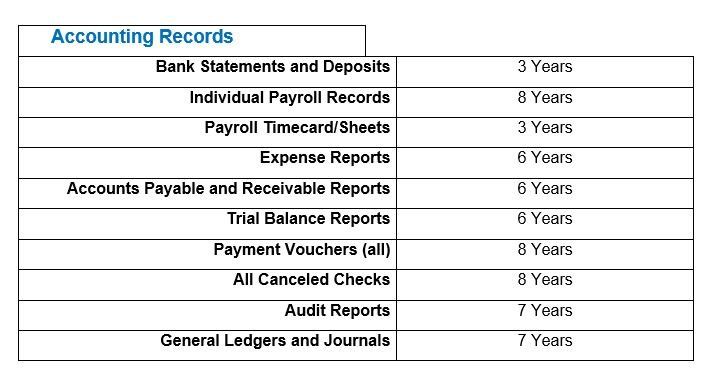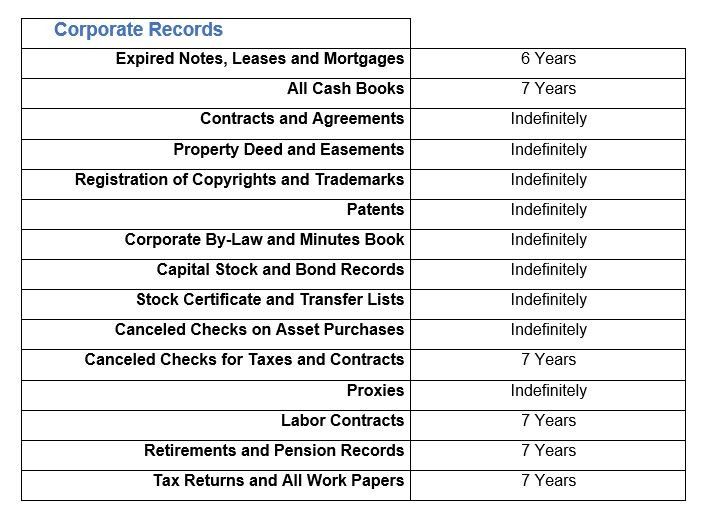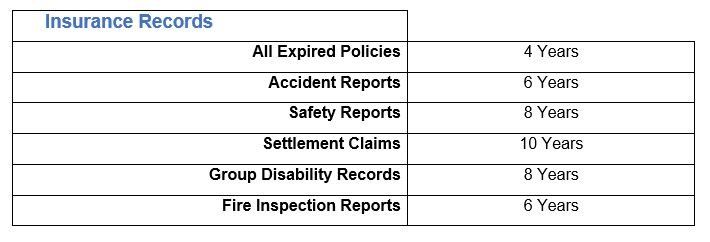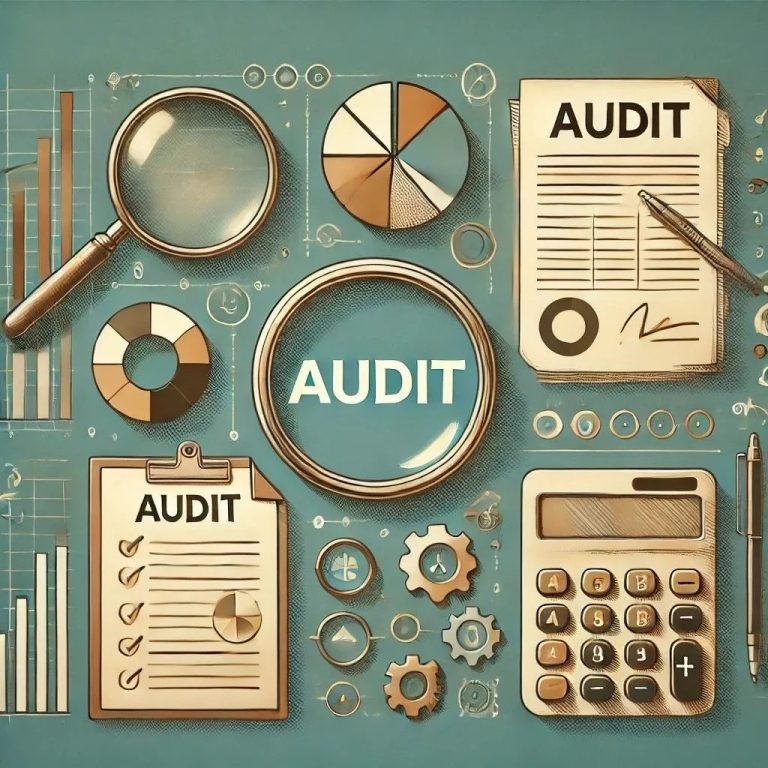Records Retention Guide: When to Keep, When to Shred
Do you know how long you are supposed to keep documents? Do you know when it’s safe to shred?Having this knowledge is the first step to good recordkeeping. Avoid keeping things you don’t need – or discarding something you should have kept permanently!
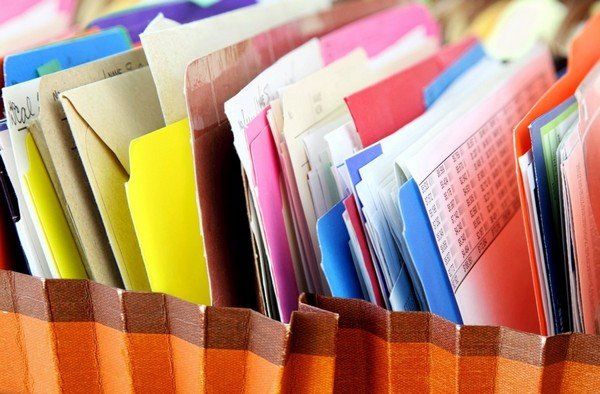
By following these guidelines, you can keep your documents and files organized and updated.
1. Categorize your documents.
Examples include past tax returns and supporting documentation, medical information, purchase contracts for large assets, legal matters, employment information, insurance records, property deeds, etc.
2. Determine how you will store your records.
Do you want to archive everything digitally? Do you prefer to keep paper copies?
When considering how to store your records, think about worst-case scenarios such as fire, burglary, natural disaster, or even something as simple as snooping family members. Regardless of how you store your records, they should always be easily accessible.
3. Label documents with a “keep until” date.
Refer to our Record Retention List below for suggested lengths of time to keep your important documents. Labeling files with a “destroy” date will help ensure that your records will remain organized and current.
4. Destroy records that are no longer needed.
To minimize the risk of identity theft, it is very important that you permanently destroy documents. If the items are paper, shred or incinerate them. If you have a large amount of shredding, consider taking it to a shredding facility. If your documents are stored on a computer, use specialized software to remove files or delete an entire hard drive’s data. Another option is physically destroying the hard drive if you plan to stop using the computer entirely.
Having a system in place for your record retention will not only make it easier to locate important documents quickly and keep unnecessary documents to a minimum, but it will also give you something priceless—peace of mind.
Your Personal Records:
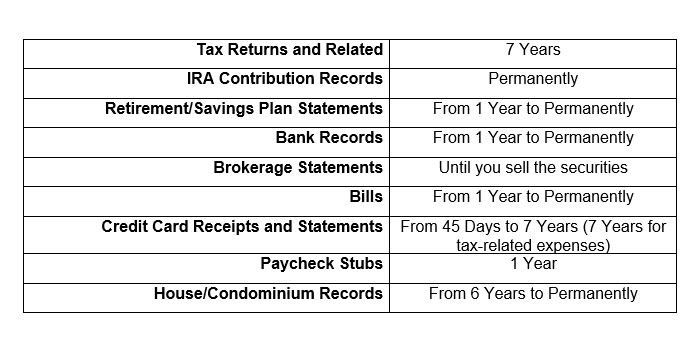
Your Business Records:
